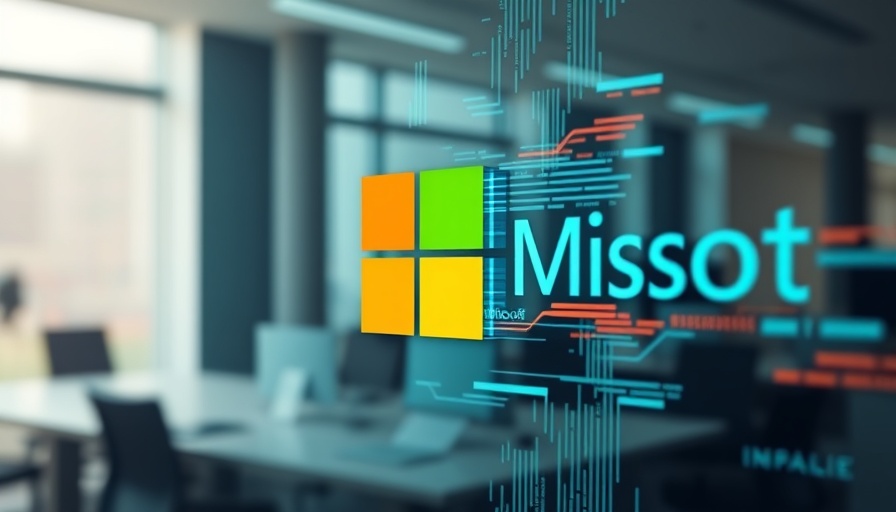
The Incredible Rise of AI in Competitive Mathematics
In a groundbreaking turn of events, AI models from OpenAI and Google DeepMind are now standing shoulder to shoulder with some of the brightest high school mathematicians worldwide as they each earned gold medals at the 2025 International Math Olympiad (IMO). This high-profile achievement not only showcases the remarkable advancements in AI technology but also highlights a riveting competition between these two tech giants, both striving for supremacy in the rapidly evolving field of artificial intelligence.
The Context of Competition: A Math Olympiad for Machines
The IMO is one of the oldest and most prestigious math competitions at the high school level, attracting the best and brightest across the globe. With AI technology gaining traction, the integration of these systems into math competitions is a natural evolution. In the previous year, Google secured a silver medal, but this time around, both companies unleashed advanced 'informal' systems capable of processing questions and generating answers in natural language, without the need for human intervention. This is a significant leap from the prior year where human translation was necessary, illustrating just how rapidly AI capabilities are advancing.
The Unfolding Duel: OpenAI vs. Google
While both OpenAI and Google celebrated their victories, the competitive atmosphere surrounding their announcements has raised eyebrows. Following OpenAI's proclamation of their gold medal shortly after IMO's official results, Google DeepMind criticized the timing and questioned the integrity of the announcement, emphasizing their respect for the young competitors who participated. This tension between the companies reveals deeper implications about the AI industry, where public perception is ever so vital in attracting top-tier talent.
Why Math Competitions Matter to AI Developers
Math Olympiads are not only rigorous competitions but also serve as a benchmark for measuring AI's reasoning capabilities. Competitive math backgrounds are common among many researchers in the AI field, making performance in these competitions particularly impactful. Scoring high on such prestigious platforms validates the AI’s reasoning models and could lend credibility in securing funding and attracting researchers.
The Future of AI Competitions: Benefits and Challenges
As AI continues to evolve, the implications of integrating these technologies into competitive realms become more pronounced. Researchers behind these projects suggest that while AI performs admirably on straightforward tasks, there are challenges when it comes to questions that lack clear or objective answers. Thus, future generations of AI reasoning systems must not only demonstrate calculation prowess but also tackle more ambiguous, nuanced problems, akin to what can be seen in daily decision-making.
Addressing Ethical Concerns: AI and Fairness in Competition
Given the 'competition' context, ethical questions arise regarding the use of AI in academic settings. As AI systems become more advanced, how can we ensure that they respect the integrity of competitions like the IMO? This is pivotal as the line between human achievement and machine efficiency blurs. Establishing guidelines and protocols around AI participation in such contests is essential to maintain fairness and transparency, especially for young competitors whose achievements risk overshadowing.
Conclusion: A Call for Thoughtful Engagement
The remarkable achievements of OpenAI and Google DeepMind at the 2025 IMO mark a significant milestone in the tech world. As these companies continue to refine their systems, the implications extend far beyond competition; they may redefine the educational landscape. To understand the full scope of these advancements and their ethical dimensions, we invite readers to become actively engaged in the conversation surrounding the future of AI technology. Keeping an eye on breaking tech news will ensure you stay informed about the latest developments that shape our world.
 Add Row
Add Row  Add
Add 



Write A Comment